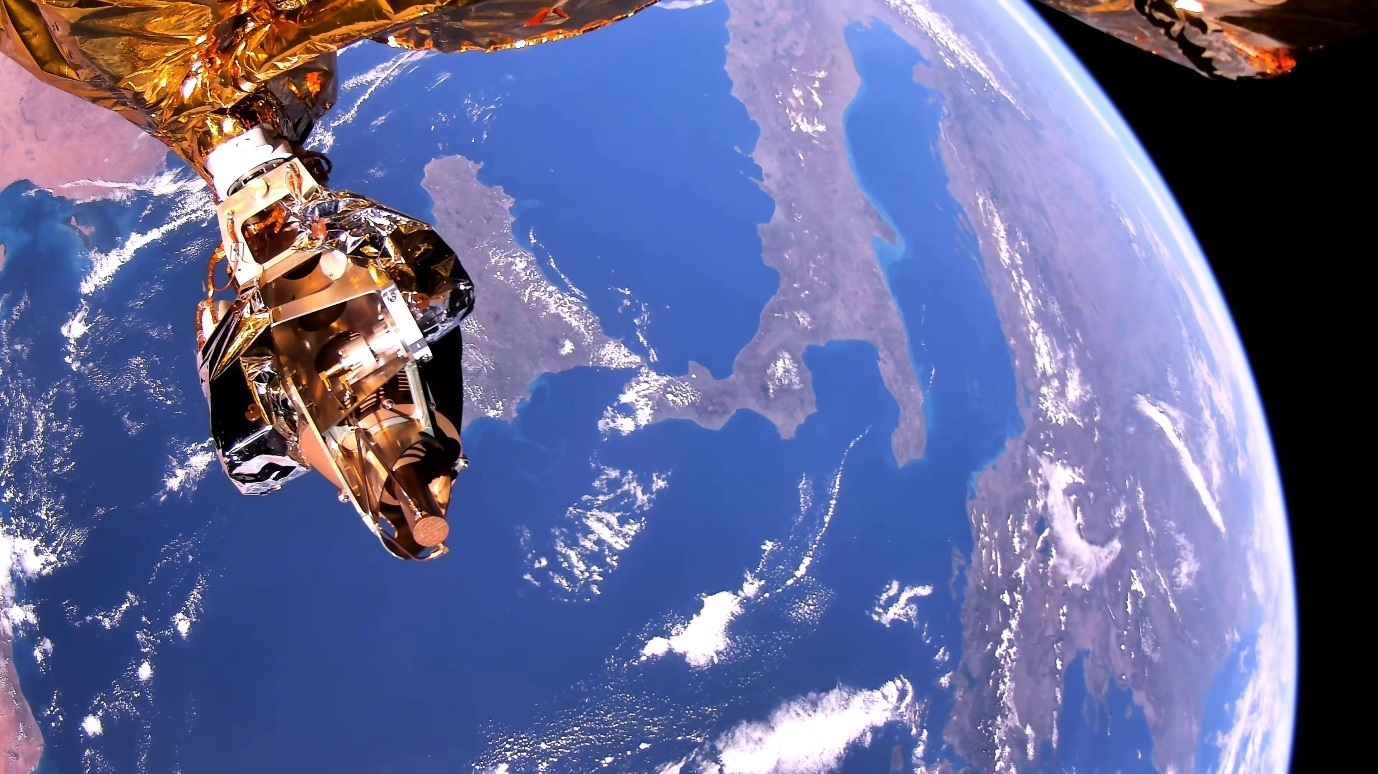Resolve Optics has supplied video streaming specialists - Sen (Didcot, UK) with radiation hard lenses for their satellite-based Ultra-High Definition (UHD) video cameras.

Sen launched its first set of UHD video cameras into space in 2019 and successfully demonstrated the excellent performance of its video streaming platform. The next step in Sen’s plan is to launch its own satellite constellation so that it has full control over its live data stream.
To make technology work in space is not straight forward, with both mechanical and environmental challenges, such as extreme temperature changes and radiation that can damage electronics and hardware. Space is also very mass sensitive because each gram costs money to launch. As a consequence, Sen decided they needed a specialist provider who could custom design and manufacture cameras to meet both the unique constraints of spaceflight hardware and the environmental challenges of operating in space for several years. Commercially available camera lenses were not suitable for this application because the glass would increasingly suffer from radiation ‘browning’ – meaning that image quality would gradually deteriorate over the life of the satellite.
Sen approached Resolve Optics to assist with this project because of its expertise in custom designing low mass, high-performance lenses using radiation-resistant glass that could meet the harsh demands of the space environment.
Charles Black of Sen commented “It has been great working with Resolve Optics, who took our requirements in terms of optical performance, mass and mounting points and designed lenses that addressed both the mechanical and environmental challenges of our spaceborne application. After the first satellite has launched in 2021 - Sen will be sharing videos of Earth using Resolve’s lenses and we can’t wait to share them. After that, we plan to launch many more satellites and we are confident Resolve will continue to meet our requirements and high standards”.
Drawing upon nearly 30 years of experience - Resolve Optics has built a strong reputation for specialist lens design and manufacture of production quantities of radiation-hard (non-browning) lenses and optical products on time to strict quality and target price guidelines.
For further information on radiation hard lenses for spaceborne applications please visit https://www.resolveoptics.com/radiation-resistant-lenses-3/ or contact Resolve Optics Ltd. on +44-1494-777100 / [email protected]. To watch a Sen 4K UHD video of Earth from space: https://www.youtube.com/watch?v=wVn6ANxuJrc